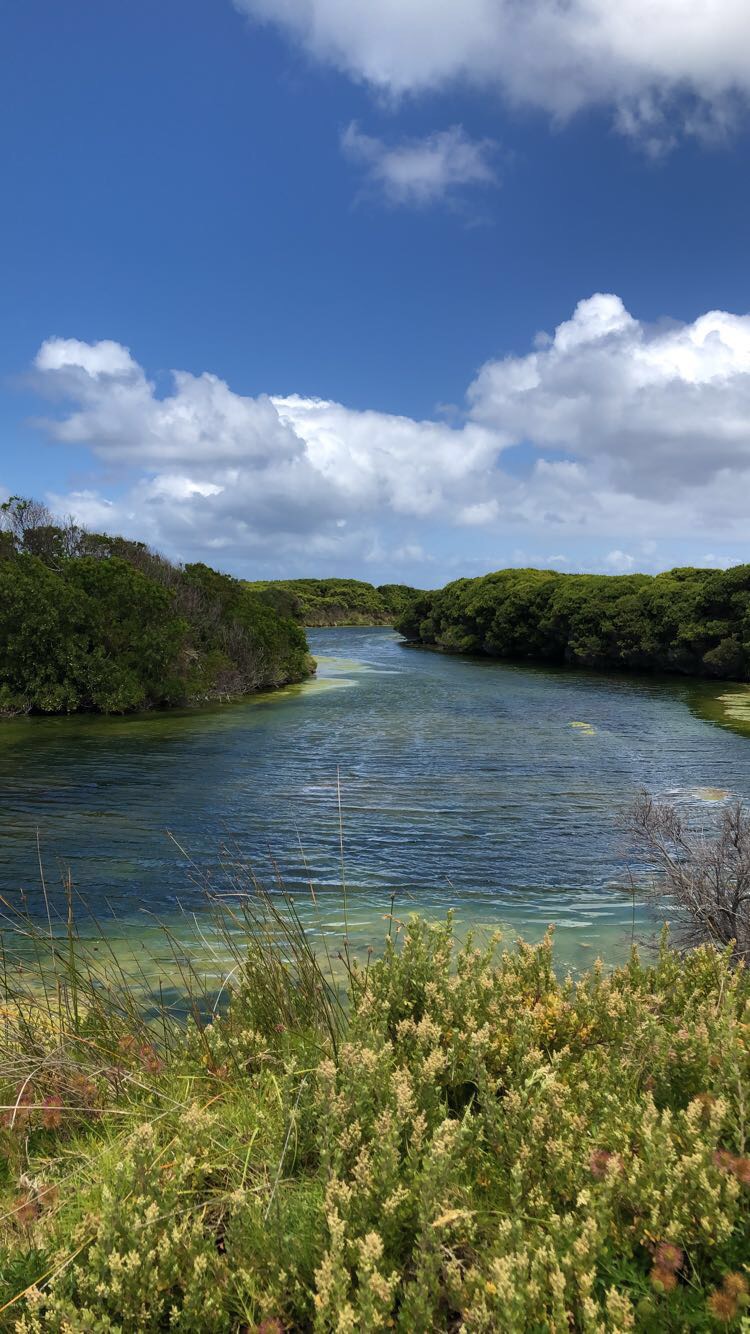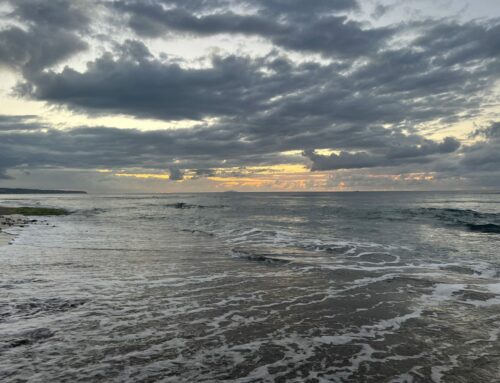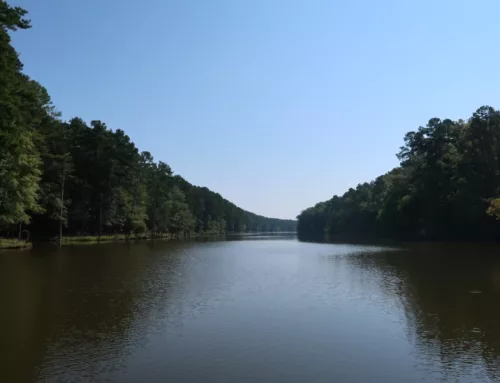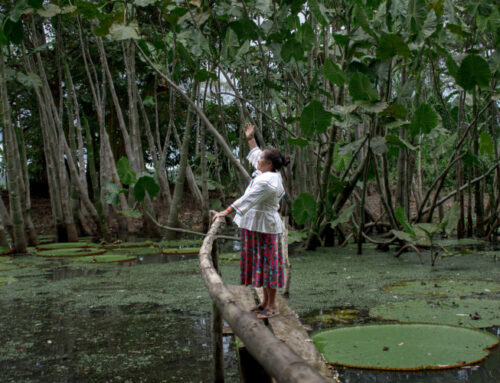In the Lake Tarapoto wetlands, in southern Colombia, Indigenous women led by Lilia Isolina Java, are at the forefront of protecting the rich Amazonian ecosystem from overfishing. Partnering with Conservation International’s Amazonía Verde program, they have established fishing agreements to address the detrimental impact of overfishing on fish populations, food sovereignty, and the broader ecosystem’s effect on aquatic animals like dolphins and manatees. The program actively monitors and manages fisheries while preserving ancestral knowledge. Resilient and determined, these women safeguard their cultural heritage while advocating for Indigenous and environmental rights. They acknowledge the disproportionate impact of climate change on women and emphasize the need for inclusive decision-making. Through community-driven efforts, they prioritize sustainable practices, rejecting false solutions, and unsustainable techno-fixes. Their work stands as a testament to decentralized, safe, affordable, and accessible solutions, fostering a future where the environment and diverse communities thrive harmoniously.







